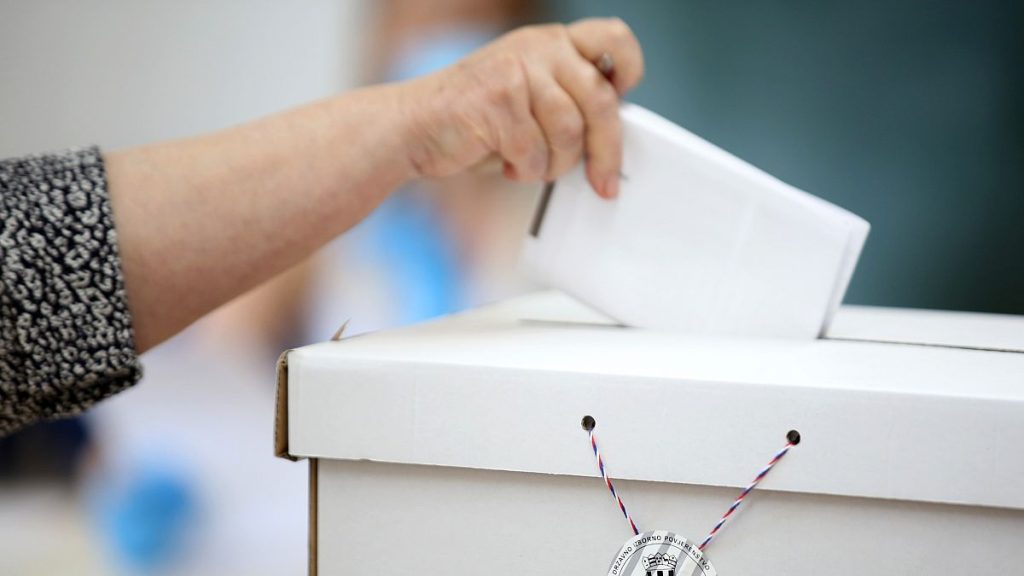The upcoming EU elections in June are attracting a wide range of political parties, each vying for the votes of the European population. While many established parties are campaigning vigorously to secure seats in the European Parliament, there are also more specialized and even bizarre options on the ballot. From parties advocating for the adoption of Esperanto as an official EU language to those focused on issues like vegetarianism, animal rights, and biomedical research into immortality, voters are presented with a diverse array of choices.
Among the more unconventional parties is the “Don’t Vote for Us” party in Czechia, which espouses anarcho-capitalist principles and encourages voters to abstain from participating in the elections. Meanwhile, Sweden’s Evil Chicken Party, founded as a joke, is competing in the elections with a unique manifesto that includes copyright reform and electoral rule changes. While these parties may not be serious contenders for seats in the European Parliament, they add an element of humor and satire to the electoral process.
In Italy, the Two-Tailed Dog Party started as a satirical project but has evolved into a serious political movement highlighting issues such as infrastructure problems and corruption. The party’s lead candidate, Marietta Le, believes that it offers a genuine alternative to traditional politics and aims to address societal challenges through community-based initiatives. Similarly, Germany’s Die Partei, led by comedian Martin Sonneborn, has gained popularity for its humorous approach to politics while also drawing attention to important issues such as vaccine contracts and EU-Azerbaijan relations.
Despite the presence of these unconventional parties, the European Parliament elections serve as a crucial testing ground for new political movements and perspectives. While some view satire parties as a breath of fresh air in the political landscape, others have concerns about the lack of legislative impact they may have as outliers in a system dominated by major political groups. With no minimum threshold for representation in the European Parliament in some countries, smaller parties have the opportunity to participate in the electoral process and bring unique viewpoints to the table.
Overall, the diversity of parties competing in the EU elections reflects the complexity and vibrancy of European democracy. While mainstream parties focus on traditional issues and policies, smaller and more specialized parties offer alternative perspectives and engage voters in unconventional ways. Whether they succeed in securing seats in the European Parliament or not, these parties play a valuable role in challenging established norms and driving discussions about the future of Europe. Ultimately, the upcoming elections will determine not only the makeup of the European Parliament but also the direction of EU policy over the next five years.


